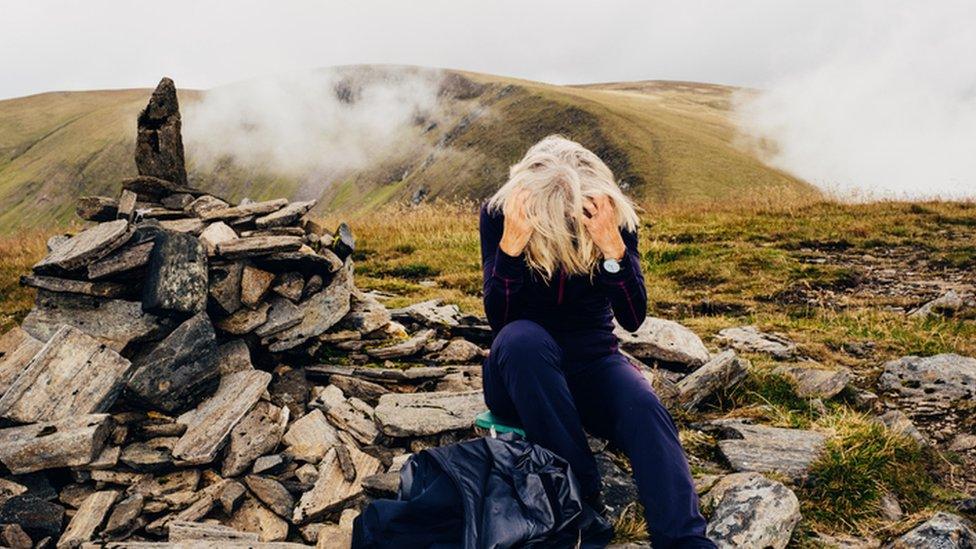Midge count: Experts say recent weather could lead to more insects
- Published
- comments

This year there could be unusually large numbers of midges in Scotland, due to recent weather patterns.
Experts say this year's cold spring, followed by warm weather, has meant a large first set of midges hatching early.
If it stays humid and damp, there could even be a "mega second generation" of midges hatching in Scotland soon.
Know your midge from your mosquito? Why not try Newsround's insect quiz further down the page.
How does the weather effect midges?

Midges love wet and warm conditions - they're found all over the world apart from particularly dry places.
Last year, because it was quite dry, midge numbers were down quite a bit as they struggled in the heat.
Dr Alison Blackwell, who runs the Scottish Midge Forecast, says the country currently has a very big starting population, which means a lot have just been born.
She said the humid conditions we're experiencing at the moment are "perfect" for midges. Humid is the term for when there's more heat and moisture in the air - you can usually feel it when you go outside.
It's looking to be wetter over the next week in Scotland, which could mean a second set of midges will hatch.

Some people get itchy bites from midges
Midges are lots of different species of tiny flies.
Some of them are known for their itchy bites - but they are not mosquitos.
The biting ones are called Ceratoponidea - but you can just call them biting midges!
Some people can have reactions to midge bites, and it's always worth checking with an adult if you think you have been bitten.

Midges can sometimes cause problems for people who want to go hiking in summer in Scotland
The midge life cycle
Midges spend winter in the soil as larvae, until it starts to get warm enough to come out.
When the days get warmer and longer in the spring they turn into adult midges - which you see flying around in summer.
They normally peak in numbers in the last week of May and the first week of June. Dr Blackwell says this has been delayed this year because May was slightly colder than usual.
If you cannot see the quiz, click here.
